Starting next school year, the administration will remove all Advanced Placement (AP) classes, following a removal of most AP humanities and art classes, Head of upper School Beth Slattery said.
Slattery considered removing AP classes for some time but finally decided to go through with it this year because many teachers felt restricted to teaching to the test in their AP classes. Slattery added that many AP classes caused extra stress for students because the content of the classes was condensed, and teachers moved more quickly through the material to make time for test preparation.
“We said to faculty,” Slattery said. “‘If you don’t want to teach APs anymore, if you want to create new honors classes because AP doesn’t work for you anymore, you have the freedom to do that.’ APs really constricted innovation in the classroom.”
Slattery said one of the most pressing problem with the school’s AP courses was the confusion they created in the college admissions process. She said many admissions teams view APs as more rigorous than honors classes, when that is not true for the school.
“At most high schools, honors courses are less rigorous than AP courses,” Slattery said. “That’s not the case here, but colleges look at a student’s application and don’t know whether the student is taking the hardest classes, and I don’t want to disadvantage our students in the college process.”
Rowan Callaghan ’25 said he recognizes the long-term benefits of removing APs, but he believes there may be drawbacks for students applying to college during the transition period.
“In the long term, it’s probably a good thing, because colleges see the AP classes as harder than honors classes, but oftentimes it is the opposite,” Callaghan said. “Presently, it is bad for us because college admissions people are seeing honors courses and thinking they’re less impressive than APs, but there’s just less APs available to us right now. But once APs go away altogether, then I think it’ll be better for students applying to college.”
In contrast, Abby Landres ’26 said she disagrees with the school’s decision because it creates unnecessary obstacles for students who want to take AP tests for college credit and their transcript.
“I definitely don’t like it,” Landres said. “I think that as a student who’s really relying on AP test scores for college applications, it [makes it harder] to show my skills in certain categories, especially since [this year] there are more opportunities for APs in science and math classes, and I’m stronger in humanities. Also for international universities, AP tests are all you can rely on to show your academic achievements.”
Chinese teacher Bin He, who stopped teaching AP Chinese Language and Culture this year, said he has wanted to switch the AP course to an honors course for some time.
“I’ve wanted to change it for many years because I also see the shortcomings of the AP curriculum,” He said. “Students didn’t have enough time to digest the [material], and at the end of the year, students just worked on test prep instead of learning anything new from the class. We aim to nurture understanding of Chinese language and culture and move beyond the constraints of standardized testing.”

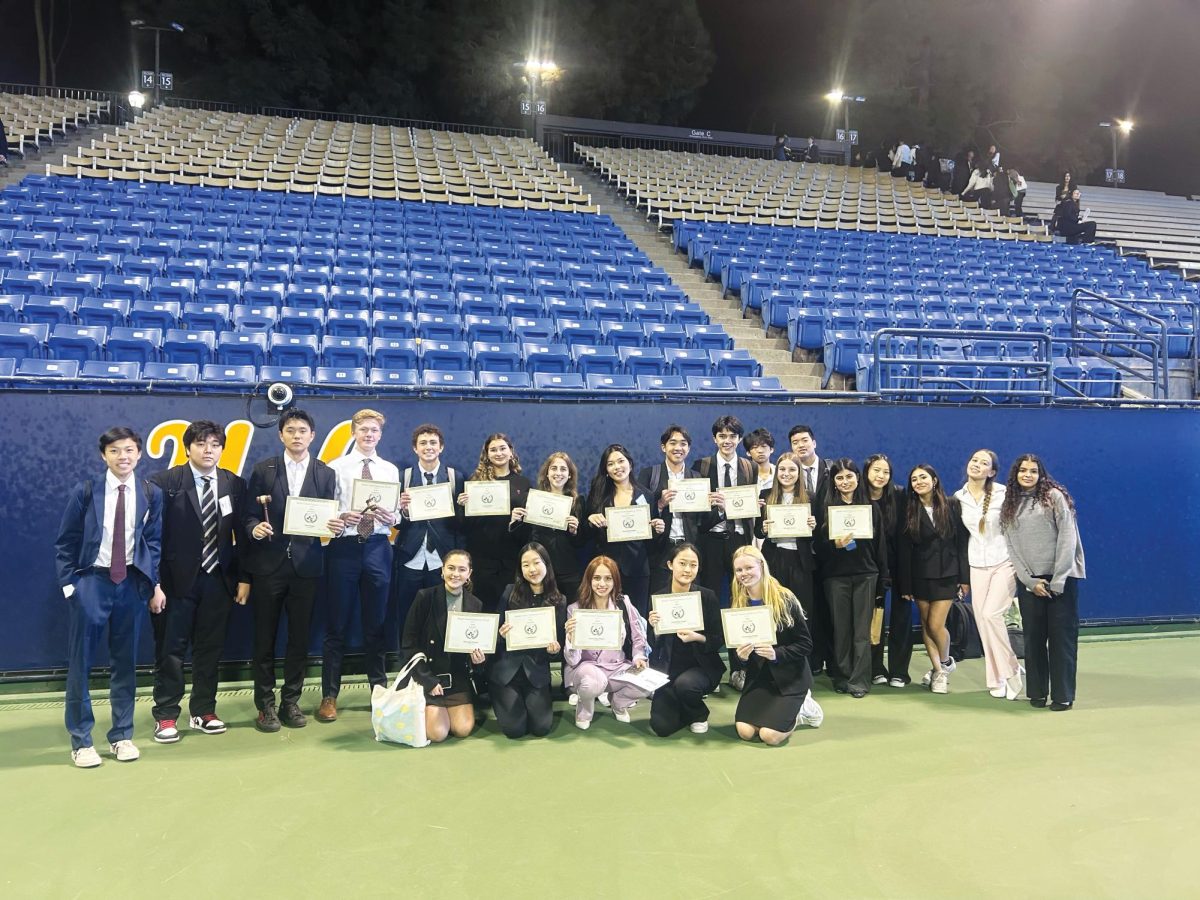
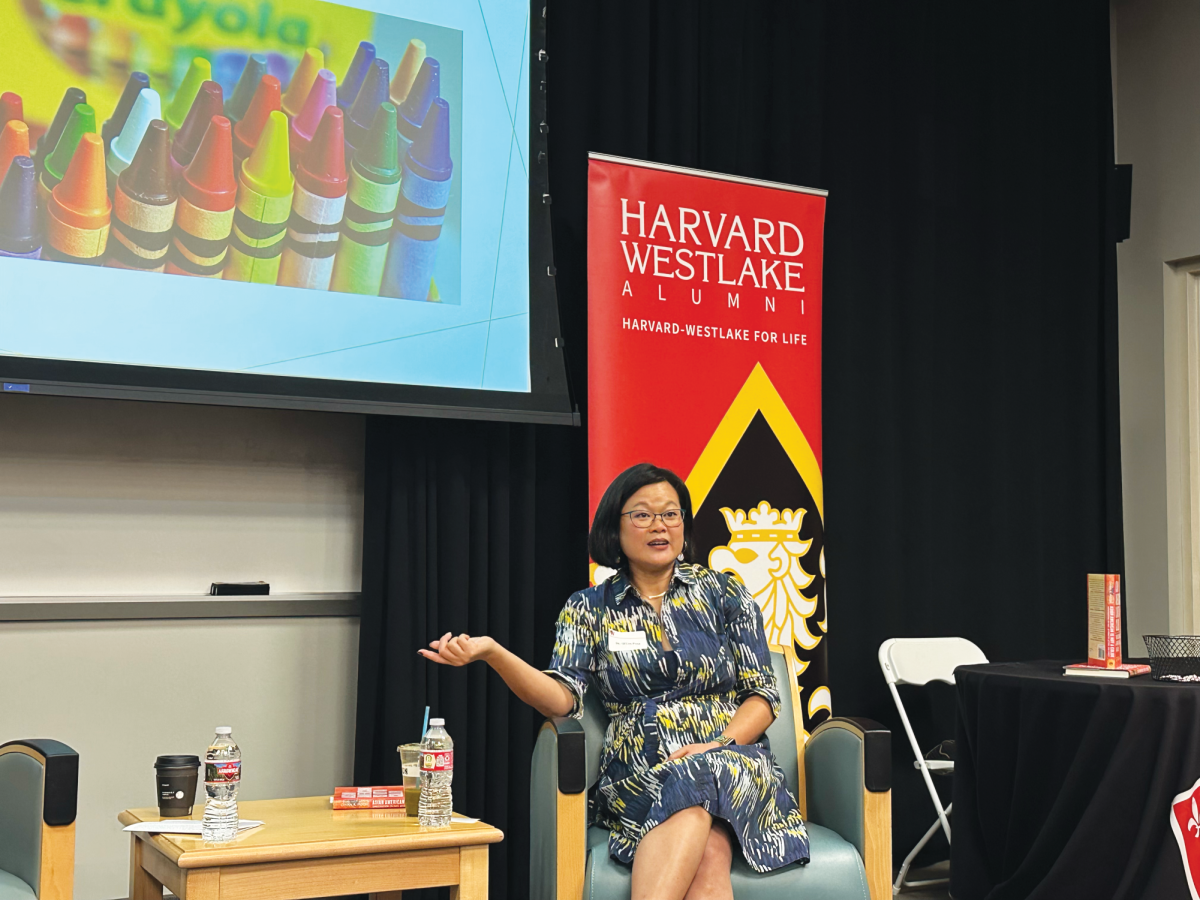












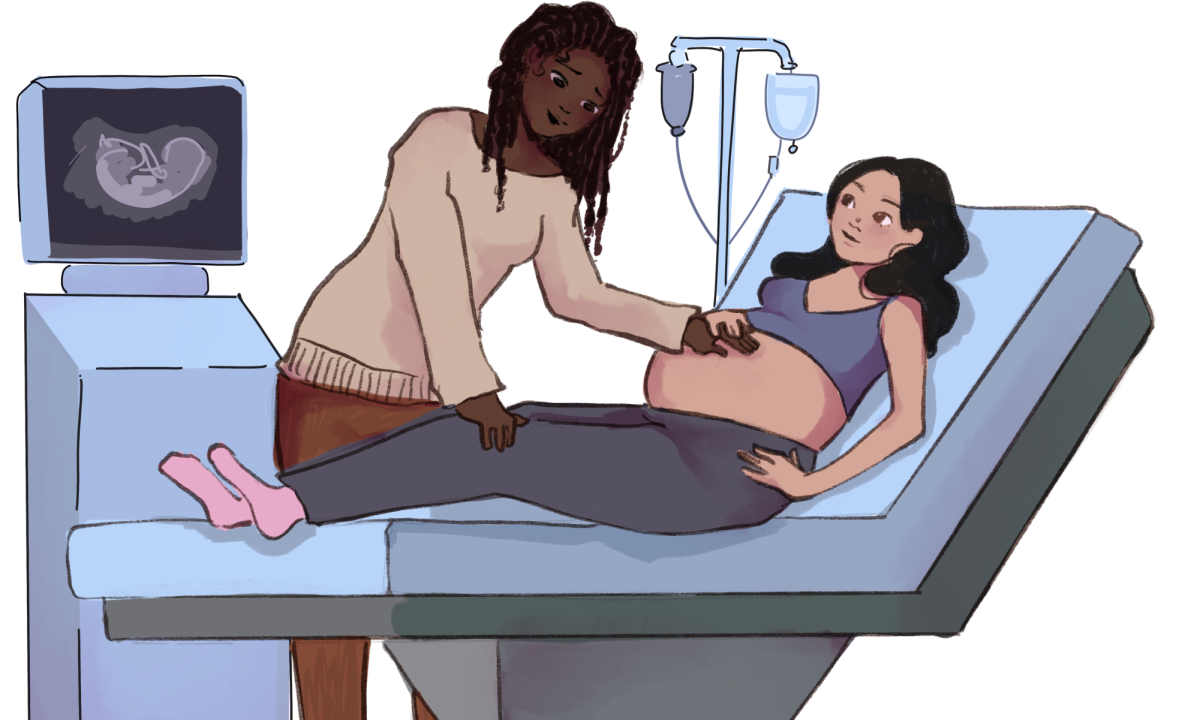
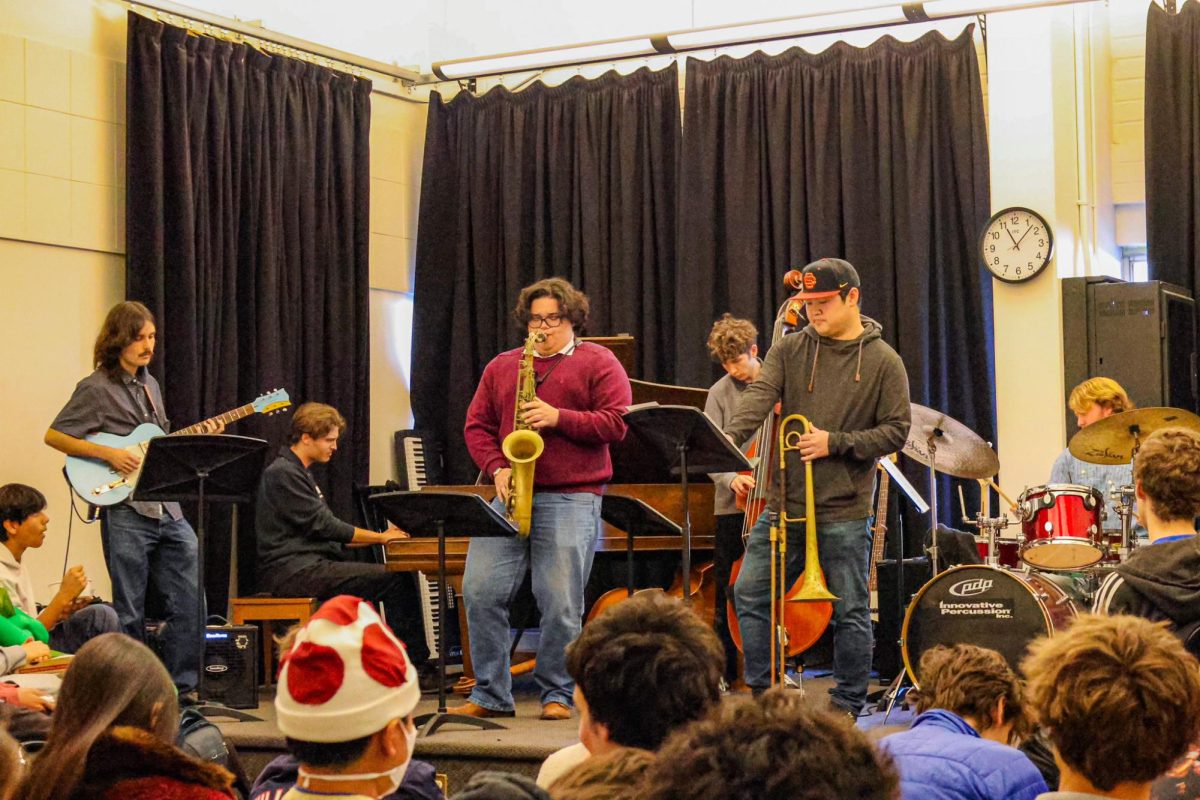
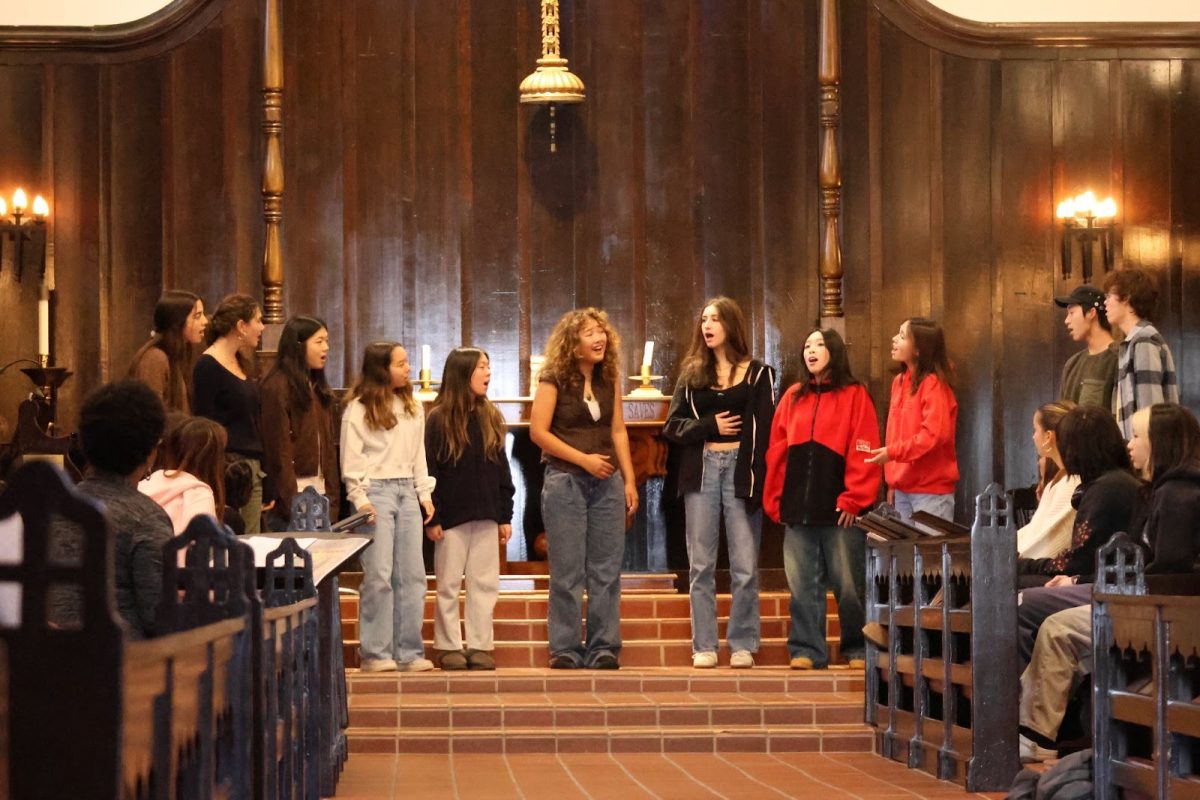









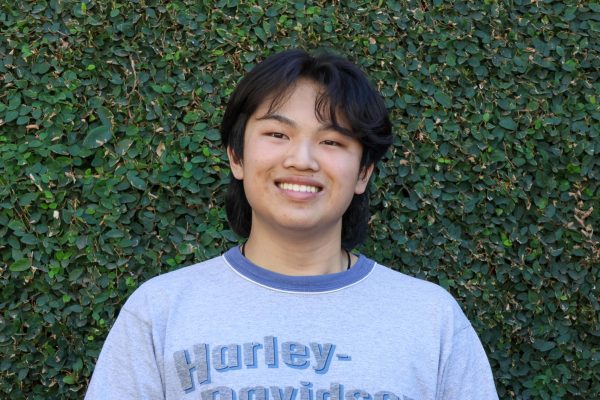
Alex • Nov 10, 2024 at 1:01 am
lol you left your comments on the quotation in
Jen Bladen • Nov 12, 2024 at 10:26 am
Great catch!